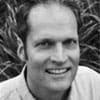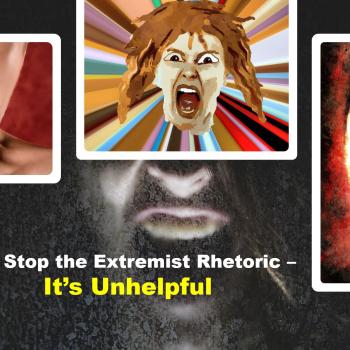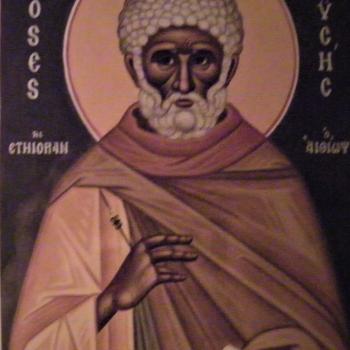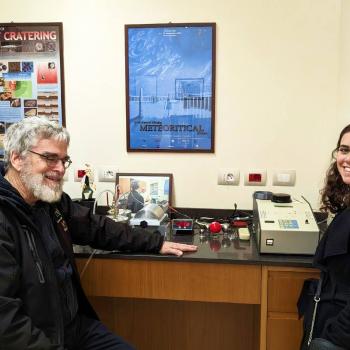An Interview with Stephen Prothero
By Patheos staff
 Stephen Prothero is the author of God Is Not One: The Eight Rival Religions That Run the World -- and Why Their Differences Matter (HarperOne, 2010) and the chief editorial consultant for the new PBS documentary, God In America. He spoke to Patheos about the documentary and his work on religious pluralism.
Stephen Prothero is the author of God Is Not One: The Eight Rival Religions That Run the World -- and Why Their Differences Matter (HarperOne, 2010) and the chief editorial consultant for the new PBS documentary, God In America. He spoke to Patheos about the documentary and his work on religious pluralism.
A lot of people will see and hear you on the new PBS documentary, God In America. (We're hosting the post-film discussion at Patheos.) How would you summarize to that film audience what your book, God Is Not One, is about, and why people should read it?
God in America is of course about U.S. religious history while God Is Not One is about religion worldwide. Because of its emphasis on religion and public power, the PBS mini-series focuses on Christians because, for better or for worse, Christians have held (and continue to hold) the reins of public power in the United States. But Americans today live in a world in which those reins are held by Muslims in Iran and Confucians in China and Hindus in India, so we need to know something about those religions to make sense of the world. I think God in America will appeal to viewers who would like to address their own religious literacy deficits by learning something about the role of religion in U.S. history. God Is Not One will appeal to readers who would like to address those same deficits by learning something about the role of religion across the globe today.
In your previous book, Religious Literacy, your focus was on how little most
Americans know about the various religions. Do you think the situation is improving or getting worse? After all, there seems to be an increasing amount of attention -- in books, films, and blogs -- devoted to religion and the role it plays on the national and international scene. Are we becoming more religiously literate?
It's hard to say whether religious literacy is on the rise in the United States. The Pew forum's "U.S. Religious Knowledge Survey" was the first of its kind, so we don't have much in the way of comparable data to go on. My hope is that things are getting better. In the Pew survey, only 52 percent of Americans knew that Ramadan is an Islamic holy month and only 54 percent could name the Koran as the Islamic holy book. Those numbers are surprisingly low, given all the attention to Islam in America after 9/11, but I suspect they are significantly higher than they would have been on September 10, 2001. I doubt that our Hindu or Buddhist literacy is much improved over the last decade, however. Most respondents in the Pew survey did not even know that the Dalai Lama is a Buddhist.
Some have questioned whether asking quiz-style questions is really a meaningful way of assessing what people know (and understand) about religion. There's more to religion and religious experience than knowing the dates and naked facts. Fair criticism?
Any text can be criticized on these grounds, of course, but I think this survey was very well constructed. First of all, though it inquires about historical figures such as Martin Luther and Maimonides, it doesn't ask about any particular dates. Second, it attends not only to doctrine but also to narrative (who was Moses?) and ethics (the golden rule) and ritual (the Sabbath). The aim throughout was to craft questions that might provide some indication of broader religious knowledge. For example, if people cannot even name the four Gospels how likely are they to know what Jesus says in them?
As for religious experience, I was asked about this just the other day on "Fox and Friends." Isn't religion really about faith and feeling? Isn't knowledge irrelevant? No and no. If you say you have faith in Jesus but don't know anything about how he is represented in the Christian tradition how deep is that faith? And if you believe the Bible is the word of God but can't be bothered to read it, what does that say about your belief?




